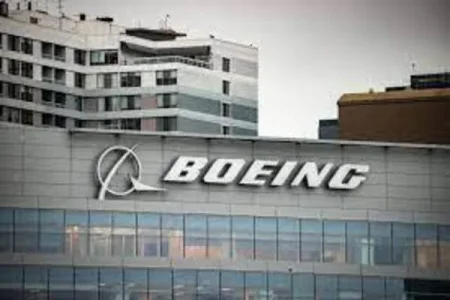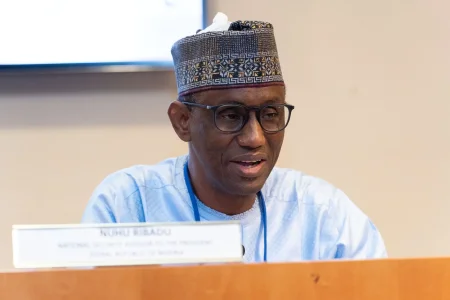
John Barnett, a former quality manager at Boeing and a key whistleblower, was found dead on Saturday in Charleston, South Carolina, with officials suggesting a self-inflicted gunshot wound. Barnett, 62, retired from Boeing in 2017 after nearly three decades of service, having raised concerns about metal slivers over flight control wiring on several planes.
Barnett's distressing end has prompted an investigation by the Charleston police department, who are determined to ensure an unbiased inquiry despite the global attention the case has garnered. His concerns, initially brought to light through a whistleblower complaint and publicized in a New York Times story in 2019, highlighted safety lapses at Boeing's North Charleston site.
Boeing, already grappling with its significant safety crisis since the 737 Max 8 crashes in 2018 and 2019, expressed sadness over Barnett's passing, extending condolences to his family and friends. The company has faced heightened scrutiny, with a recent incident involving a 737 Max 9 jet experiencing a cabin panel blowout during an Alaska Airlines flight in January.
Regulators grounded 171 Max 9 aircraft for several weeks, continuing inspections on Boeing's production line. CEO Dave Calhoun acknowledged the company's "serious challenge" to regain confidence from officials and airlines. However, recent revelations from Jennifer Homendy, chair of the National Transportation Safety Board, suggest ongoing challenges in Boeing's transparency.
Boeing declined to disclose information about the door plug incident during the Alaska flight and failed to provide documentation regarding a repair job that involved removing and reinstalling the panel. This lack of cooperation has raised concerns about quality assurance, safety management systems, and overall transparency at Boeing, further complicating the company's efforts to rebuild trust within the industry.
As the investigation into Barnett's death unfolds, it casts a dark shadow over Boeing's attempts to address its safety crisis and raises questions about the broader culture within the company, emphasizing the need for thorough scrutiny and accountability.




